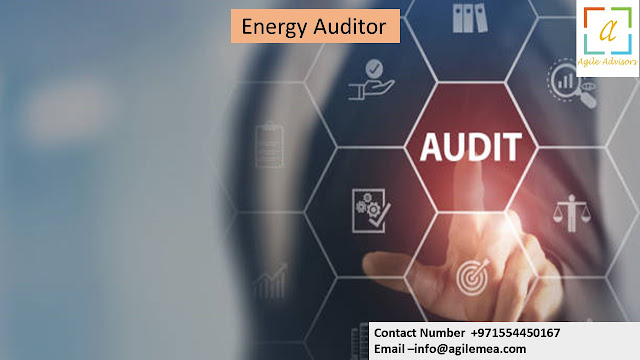Energy Audit Types
To help you as Energy consultant, these are
employed to raise a building's energy efficiency, whether residential,
commercial, or industrial. A building evaluation is the initial stage. After
getting to know your facility, the energy auditor will test it to determine how
much energy it consumes. Following the audit, you will receive advice from the
energy auditor on how to improve your facility's energy efficiency. Among the
several forms of energy audits are walk-through energy audits, target energy
audits, and thorough energy audits. The Energy Auditor will test your home to
determine how much energy it uses and look for places where it is losing energy
house more energy efficient.
111.jpg) |
In our role as Energy auditor, increasing the energy efficiency of your house might also improve its comfort. Your house can stay warmer in the winter and colder in the summer by installing insulation and sealing drafts. This can assist you in selecting the enhancements that are best for you. Check out the Department of Energy's Home Energy Score Program. Consult your local or state government's energy or winterization offices. They can assist you in finding a company or group qualified to conduct an energy audit. Employ a non-public energy auditor. You can take the following actions to get ready for an energy audit: Together, your last 12 months' worth of energy invoices. The energy auditor will use these to evaluate how much energy you consume.
We are an Energy audit, make a note of
your inquiries for the energy auditor. These could involve inquiries concerning
the audit's findings, the suggested adjustments, or the price of those
adjustments. The energy auditor will question you about the use of your house
and run tests to determine how much energy it uses. A duct blaster test and a
blower door test are two examples of these tests. After the audit, you will
receive a report detailing the Energy Auditor's conclusions. This report
includes the estimated cost of the suggested upgrades and the amount you could
save on electricity costs by implementing these changes. Additionally, the
Energy Auditor might be able to tell you about government initiatives that can
help finance these upgrades.
Being an Energy consultant, you can
take the following actions to lower the energy consumption of your home: Make
an upgrade to your insulation. Upgrade to a more efficient heating and cooling
system. Upgrade your house with solar panels. Make use of energy-saving
appliances. Teach your family how to save energy. Consider doing an energy
audit to determine how much energy your house uses and discover ways to cut
back. Energy auditors visit your house to search for places where energy is
being lost, and they perform energy audits. They'll inquire about your energy
usage as well. Energy audits come in three varieties: walk-through, target, and
detailed. You have two options.
As an Energy auditor, get your last
year's energy bills together and list questions for the energy auditor before
the audit. The Energy Auditor will question your home's usage during the
examination. They will also run tests to determine how much energy your house
uses. Following the completion of the energy audit, the energy auditor will
provide you with a report outlining their findings, which will include an
estimate of the cost of the suggested improvements and the amount of money you
may save on energy costs if you implement them. : use the Department of
Energy's Home Energy Score Program or hire an energy auditor.



Comments
Post a Comment